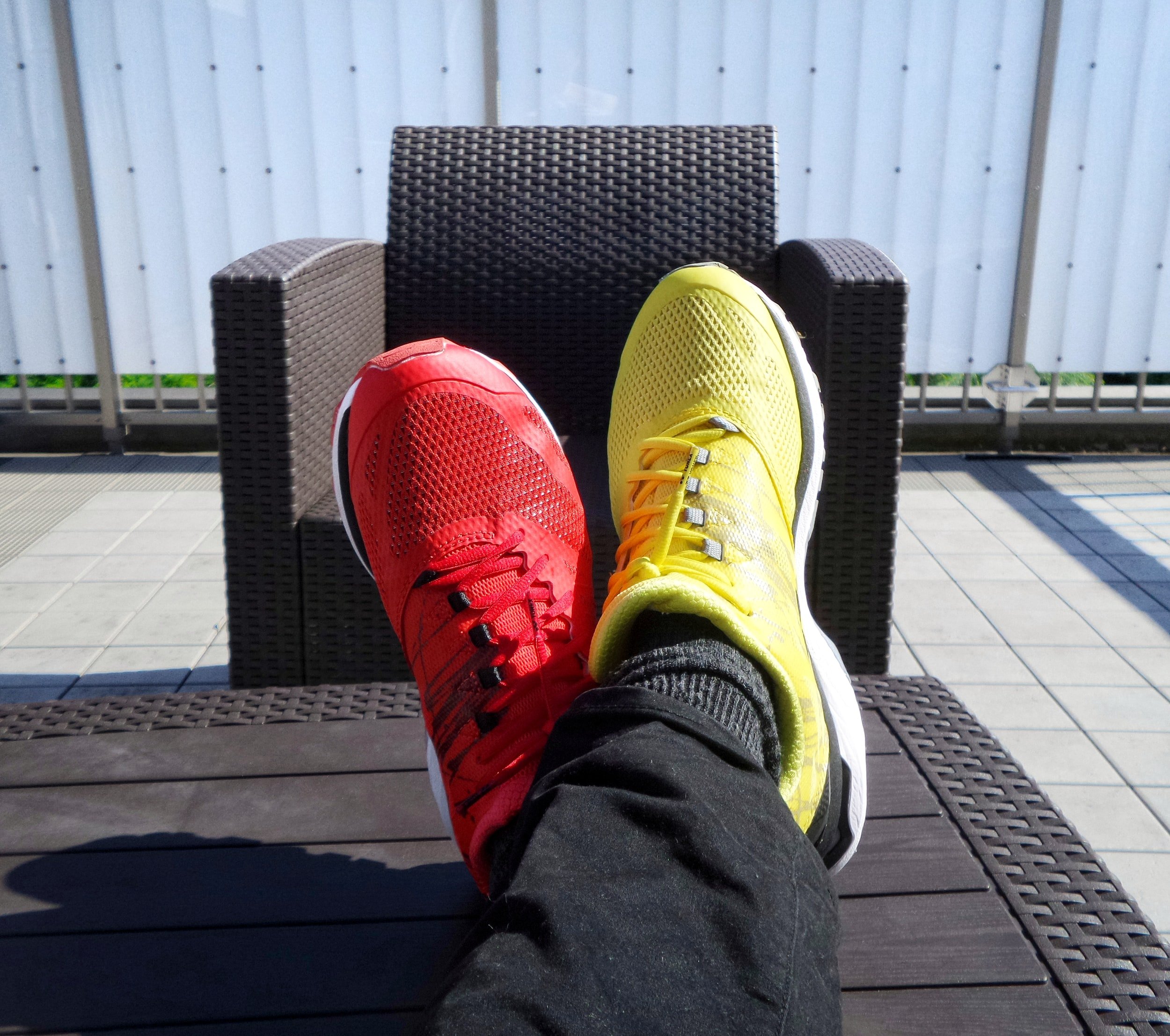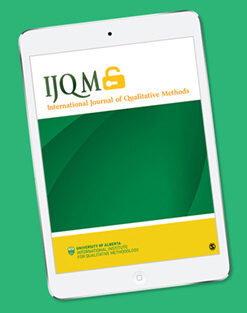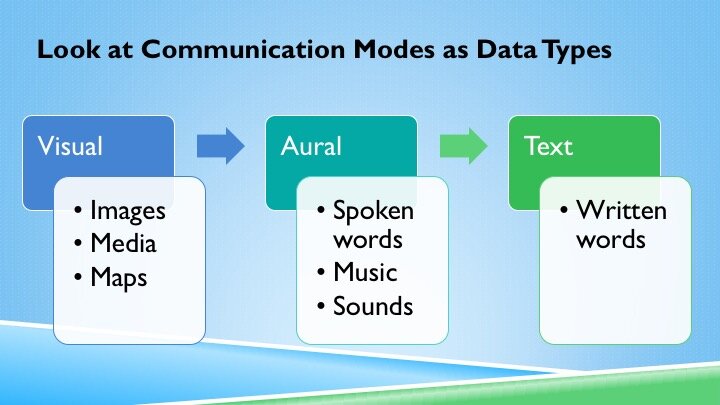Conducting Mixed Methods Research
How do you mesh qualitative and quantitative approaches in a single study?
Researchers who want to collect and analyze both qualitative and quantitative data using a mixed methods research design have particular challenges. Dr. Linda Bloomberg and Dr. Merle Werbeloff walk through the complex process of designing and conducting various types of mixed methods studies.
Also see: Qualitative Research: From Design to Publication, a four-part series with Dr. Linda Bloomberg.
Linda Dale Bloomberg EdD currently develops curriculum for qualitative research in graduate online programs for National University, serving as faculty coach, dissertation chair, and doctoral subject matter expert. She formerly served as an adjunct faculty and dissertation advisor in the department of adult learning and leadership at Teachers College, Columbia University. She also serves as consultant to various research, higher education, and nonprofit advisory boards including The Future Talent Council, and is founder of Bloomberg Associates and ILIAD (Institute for Learning Innovations and Adult Development) and cofounder of Columbia University’s Global Learning and Leadership Institute. As senior researcher for the South African Human Sciences Research Council and National Institute for Personnel Research, Dr. Bloomberg’s work focused on change management; diversity, equity, and inclusion initiatives; and enhanced workplace learning.
Her two most recent books include the 5th edition of Completing your qualitative dissertation: A road map from beginning to end (2023) frp, SAGE; and Designing and delivering effective online instruction: How to engage adult learners (2021). Teachers College Press, Columbia University. This publication was nominated for the 2021 and 2022 Division of Distance Learning (DDL) for the Association of Educational Communications and Technology (AECT), one of the premier international organizations for instructional design and ed-tech. Dr. Bloomberg presents regularly at national and international professional conferences on topics related to diversity initiatives in higher education, adult learning, qualitative research, and dissertation instruction. She holds master’s degrees in counseling psychology, organizational psychology, and education, and is credentialed with the International Coaching Federation (ICF). In 2006, she received her doctorate in adult education and organizational learning from the AEGIS program Columbia University that was established by Jack Mezirow, founder of Transformative Learning theory.
Linda can be reached at https://www.linkedin.com/in/lindadalebloomberg/
Merle Werbeloff, PhD., is a registered Industrial Psychologist and seasoned research methodology, statistics lecturer, and consultant. She has enjoyed a lifelong commitment to postgraduate education, keen to aid academic institutions develop innovative teaching, learning and assessment approaches to quantitative methods courses that challenge students’ statistics anxiety. She has taught at multiple universities and consulted to business and the public sector. Through her psychological training and extensive consulting experience in research design, market research and statistical analysis, she ensures that analytical methods and quantitative methodology are in keeping with best practices and accessible to individuals across a wide range of mathematics and research backgrounds. Her doctoral dissertation (Wits University) was on the role of statistical numeracy in computational models of risky choice. Merle is the founder of Finish Your Dissertation, an online service that supports and guides postgraduate students to develop key skills for accelerating and finishing their dissertations and theses. Affectionately known as Stats Auntie, she writes regular research methodology blogs and presents weekly webinars on dissertation research.
Merle can be contacted at merle@statsauntie.com.



















